Being Pro-Housing Isn’t Comfortable
But great politicians are comfortable being uncomfortable.
North Dakota Governor Kelly Armstrong said something at the YIMBYTown 2025 Conference in September that really stuck with me:
“We have to elect politicians who understand the difference between political discomfort and a political liability.”
Most people, he said, want more housing to be built (the polling generally backs this up). Average people are vaguely YIMBY. They want housing costs to come down, they want working people to be able to live in their community, they want apartments for their kids, etc etc. The problem, of course, is that they are too busy to connect their vague desires to specific policies, and they don’t want to show up for long public hearings when individual housing proposals are on the table.
“This stuff is boring to most people,” said Armstrong, which got a lot of knowing laughs at YIMBYtown.
The result is something YIMBYs are excruciatingly familiar with: politics is dominated by a small, loud minority of folks. When it comes to housing, that mostly means NIMBYs. But, as Armstrong said, just because they dominate the conversation doesn’t mean we should listen to them above all others: “If we allow ourselves to listen to the loudest voices who are just saying no to everything, we can’t build a community.”
So what is an elected official to do? On the one hand, they know that pro-housing policies work and that they are vaguely popular. On the other hand, a narrow but visible minority makes it seem like elected officials will be punished at the ballot box for supporting housing. “The number of votes I’ve taken in the last ten years where I was told I wouldn’t win reelection is astounding,” said Armstrong. (Narrator: he was in fact reelected.)
At another housing conference in October, a California Assemblymember had an incredible quote he asked me to keep anonymous:
We all [legislators] know the polls. We all know that something like 65% of California voters want us to solve the problem of high housing costs.
But the opposition is so loud. They’re in your face at every step. They seem like they’re going to get you. They’re gonna recall you. They create the a deep feeling of controversy and political risk.
…But elected officials are looking for reasons to take bolder action on the housing shortage. That’s why the activism is so important. And to be honest the lawsuits too.
These quotes get to the heart of the matter on political discomfort vs political liability. Discomfort is generated by all those loud constituents, with their angry emails and mean tweets. But is there actual political liability? Will voters actually punish candidates for being bold on housing? It’s critical to distinquish the noise from the signal.
Most politicians cannot distinguish between discomfort and liability. They swing from pillar to post based on the latest person in their ear, and they stand for very little. To advocates, these folks are irritating, but offer a lot of opportunities for the active YIMBY base to become the last person in their ear. YIMBY must be a movement that constantly mobilizes in order to help politicians see and feel that their pro-housing positions are popular.
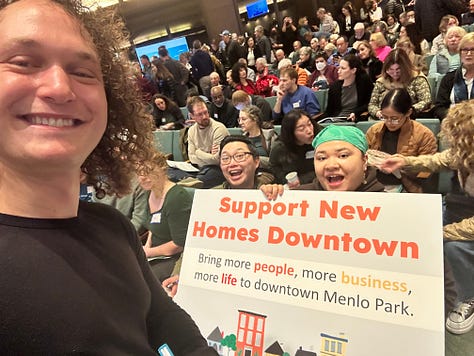
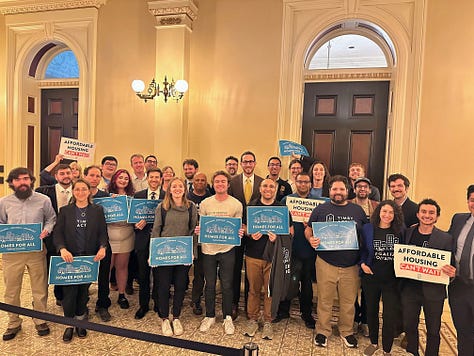
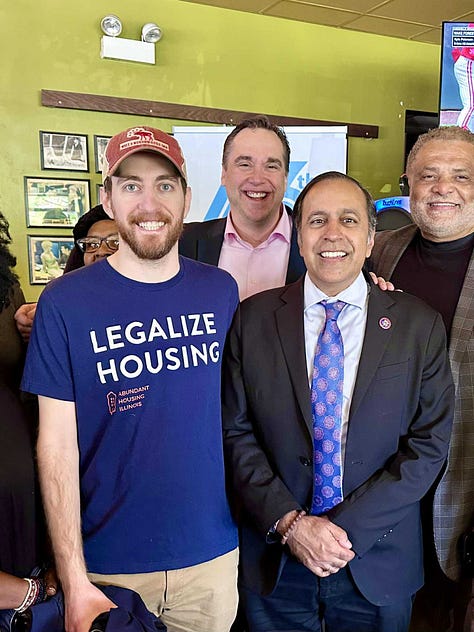
Good politicians have an excellent read on what is a discomfort instead of a liability. Maybe they’ve read our report that 95 percent of state lawmakers who sponsor pro-housing legislation go on to win reelection. Maybe they look at national polling on housing. Maybe they keep their finger on the pulse of their district, rather than just listening to the people who show up to hearings and send emails. Good politicians know that direct outreach is only one way to measure the opinions of community members.
But great politicians recognize that leadership is more. Being into something before it’s cool is not only good investment advice (and builds hipster cred), but it’s also fantastic politics. Politicians like California State Senator Scott Wiener don’t just vote for change, but become the face of that change. They inspire activists, and find new audiences, and use the legislative process to push for bolder and bolder reforms. By championing an issue that is controversial-but-ultimately-popular they can own a growing political space. And the reward is news coverage creating ever-larger name ID.
What does all this mean for the day-to-day work of YIMBY organizations? For the average politician, YIMBYs have to demonstrate that pro-housing policies are more popular than they realize. We do that with polling numbers, press coverage, and constantly being in their ears. We run campaigns to reassure them that there is no contradiction between what the evidence shows, what their hearts want, and what their careers demand.
And for our superstars, we celebrate them everywhere, with events and mobilizations, with fundraisers and social media posts. Great politicians must be at the heads of our parades, giving everyone else a bit of FOMO.
Last Saturday, we hosted the War on Cars podcast with Senator Wiener. I talked about how then-Supervisor Wiener read an op-ed I’d written about the housing shortage, and called me into his office to tell me how important it was that I personally keep working on this issue. At the time, I was working for a failing start up and desperately searching for some meaning in my life. That meeting with Scott was pivotal in my life: a respected politician was telling me that my voice was important and the work I was doing mattered. It rang in my ears for years.
Scott Wiener didn’t just want to vote the right way: he saw that this was a vital political movement in the making, and he wanted to inspire us to build the political army that would make change possible. And unquestionably, the YIMBY movement would not be where we are without the benefit of his unrelenting leadership in the face of discomfort. And America needs more politicians like him.


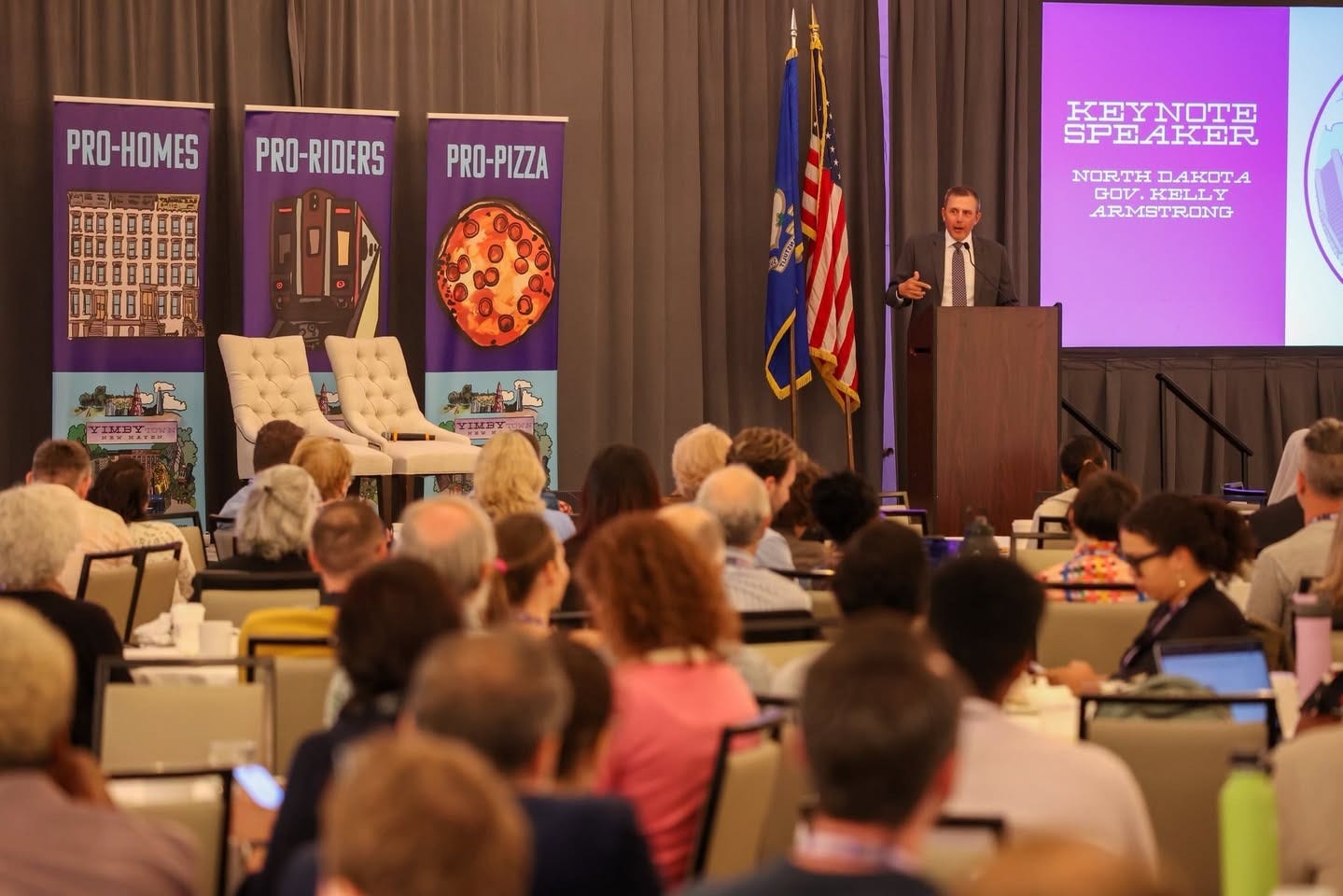
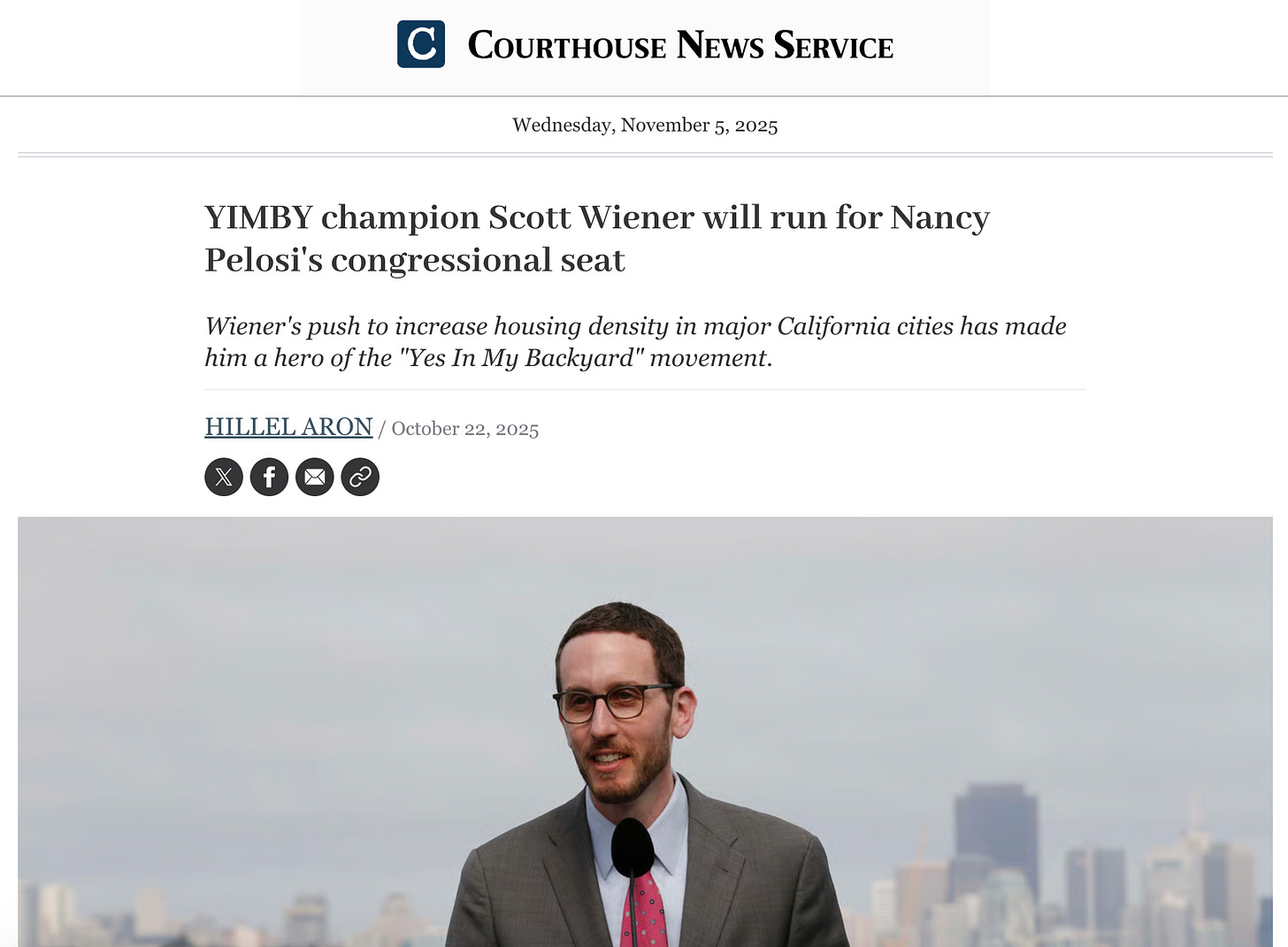
I'm dedicating my retirement years to building community support for much more housing. From May through July I tabled each week at the Santa Rosa Wednesday Night Market, connecting with hundreds of people who want more housing. It was a lot of work but I came away with many moving stories from people who are driving 90 minutes each way to get to and from their jobs because they can't afford to live here. That's 3 hours a day of unpaid time that they could be spending with their families or in their communities. I have the time and resources to load up my car with a canopy, big and little tables, posters and banners, a giant tub of Duplo, a roulette wheel, prizes, petitions, and a wagon to move all this stuff. The kids are invited to spin for prizes and to "build your own house" with the Duplo while I engage the parents (usually with help!) for Santa Rosa YIMBY.
People learn that they can speak up on their housing needs and dreams, and that politicians will listen to them. They think about the economics of housing and how the economics can change with advocacy. The consequences of lack of housing are also apparent: our school district is about to go broke due to lack of children, having already closed all the middle schools. I encourage people to show up at city council meetings and community forums, and to speak up for housing. Doing it once is life-changing!
Policy work and coalition-building are important, but outreach and engagement of new people is what builds a movement.
What has Armstrong done while in Bismarck to change the housing landscape in the state? I ask because his predecessor Burgum was a darling of the ( poorly named ) YIMBYs for saying some stuff at a governors get together. But no one could point out what Burgum did while in office to affect actual change.